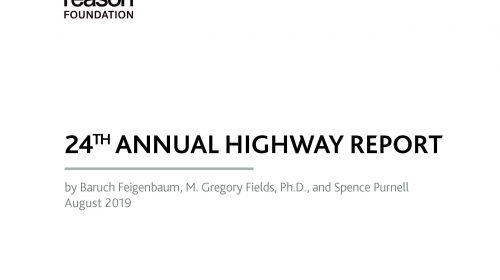A new white paper shows how petrographic examination identifies the root cause of common deficiencies and degradation mechanisms in hardened concrete, from low compressive strength, surface scaling or spalling to cracking and alkali-aggregate or chemical reactions. Available free of charge, “The Concreting Process and Petrographic Examination,” is primarily for cast-in-place concrete but offers content applicable to precast as well, and suits engineers, architects, contractors, producers, agencies and building owners.
The petrographic process begins with a detailed visual examination of a concrete specimen, followed by surface or chemical analyses and microscopy. Among features or points technicians note: aggregates, cement paste matrix, crack surfaces, air void distribution and filling, plus embedded reinforcement. Petrographic analysis can yield entrained air content and water/cement ratio figures, plus insight on the condition of existing concrete, including crack types and cracking mechanisms.
“Our timely petrographic examinations provide clients with in-depth, detailed reports focused on the specific attributes in question,” says Lucideon Special Projects Leader and paper author Dale Purvis. Staff can answer a host of questions on a concrete specimen, he adds, “from has it cured correctly, to establishing the geological provenance of the stone, to examining [reinforcement] corrosion. Ultimately, petrographic analysis can help confirm whether the defects will affect the concrete performance or if they are just surface flaws.”
 |
| White paper authors note the versatility of thin section examination of concrete specimens using the transmitting light microscope, and the method’s key role in identifying and assessing root causes of matrix defects or material deficiencies. The document is posted at www.lucideon.com/petrography. |
With a North American headquarters in Raleigh, N.C., Lucideon provides petrographic analysis of concrete, mortars, building stone and other geological materials to understand their mineralogy and evaluate slab or structure integrity. Staff perform tests described in ASTM C295 Standard Guide for Petrographic Examination of Aggregates for Concrete; C856-18 Standard Practice for Petrographic Examination of Hardened Concrete; and, C457/C457M-16 Standard Test Method for Microscopical Determination of Parameters of the Air-Void System in Hardened Concrete.
